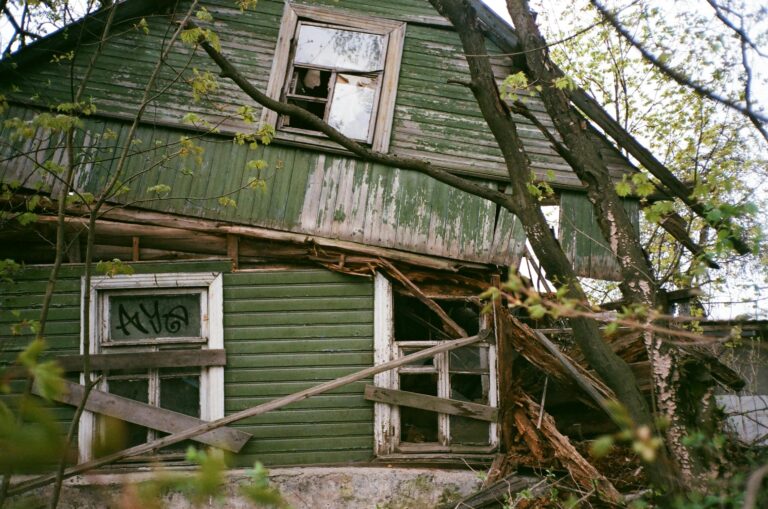Introduction
Every so often, a phrase captures the imagination in a way that feels timeless and mysterious. “The overflowing elixir of the fallen house” is one such phrase. At first glance, it might sound poetic, almost like the title of a fantasy novel or a forgotten piece of ancient wisdom. But beneath the surface, this phrase carries deep layers of meaning. It speaks about loss, collapse, and ruin, yet it also whispers of healing, abundance, and renewal. To truly understand it, we have to peel back its symbolic layers and see how it applies not only in literature or philosophy but also in the everyday struggles and triumphs of human life.
When I first came across this phrase, I thought about my own experiences of failure and rebuilding. A house that falls can represent many things: the collapse of a relationship, the loss of financial stability, or even the shattering of long-held dreams. And yet, the word “elixir” brings in hope. An elixir has always been seen as something magical, something that heals and restores. When it overflows, it does not only bring enough to survive but enough to flourish. So, the phrase teaches us that even in ruins, there is potential for renewal, and in failure, there is wisdom that can overflow into abundance.
In this article, we will explore the meaning of the overflowing elixir of the fallen house, its symbolism, how it appears in literature and philosophy, and the lessons it teaches us about resilience, growth, and the human spirit.
Meaning and Symbolism of the Overflowing Elixir
The phrase begins with the “elixir.” Across cultures, an elixir is often seen as a liquid of healing, renewal, or eternal life. In ancient times, alchemists searched for the “elixir of life,” a mythical drink said to grant immortality. In literature, elixirs often heal the wounded or restore lost strength. So, when we think of an elixir here, it represents wisdom, resilience, love, and even hope that emerges after a collapse.
The fact that this elixir is “overflowing” is important. Overflow suggests abundance, generosity, and more than enough to go around. It does not stop at filling the cup; it spills over, symbolizing that the lessons and healing from the ruins are not only sufficient for one person but can extend to others as well. Imagine someone who has gone through deep hardship and then becomes a guide for others. Their story overflows, touching many lives.
The “fallen house” symbolizes loss and collapse. A house often represents stability, family, or the structures of life we build for ourselves. When a house falls, it is not just the breaking of bricks and wood; it is the crumbling of security, dreams, or foundations. It could be the collapse of a business you spent years building, a relationship you thought would last forever, or even a spiritual crisis where everything you believed in seems shaken.
Together, the phrase suggests this: from the ruins of what has collapsed, something powerful and abundant emerges. The fallen house is not the end; it becomes the soil from which the overflowing elixir flows.
Understanding the Concept of the Fallen House
Let us take a moment to really think about what a fallen house means. Picture an old home, once full of laughter and life, now abandoned with its roof caving in and walls cracked. It is a sad image, but it is also strangely beautiful. The fallen house can represent the fragility of life and the reality that nothing lasts forever. But it can also represent a new beginning because ruins often become the ground for fresh growth.
I once visited a village where many old homes had been left to crumble. Among the ruins, wildflowers were blooming, and new families were building smaller, modern houses beside the remains of the old. It struck me as a powerful reminder that even when something falls, it creates space for renewal.
On a personal level, a fallen house can symbolize when life takes an unexpected turn. Maybe you worked hard at a career but suddenly lost your job. Maybe you trusted someone, and the relationship broke apart. Or maybe you invested all your time in a dream that did not come true. These are all fallen houses, moments when what we built with our hands and hearts no longer stands.
And yet, within this fall, there is always a seed of growth. The fallen house is not only about endings; it is about transitions. It is the setting where the overflowing elixir will appear.
The Overflowing Elixir as a Metaphor for Renewal
So, what is this overflowing elixir? If the fallen house represents collapse, the overflowing elixir is the reward, the lesson, or the unexpected abundance that flows after.
Think about people who rebuild after disasters. A family whose home is destroyed by fire or storm often rebuilds with stronger foundations, improved design, and renewed love for one another. The disaster becomes the dark chapter, but the rebuilding becomes the overflowing elixir.
In my own life, I once faced a difficult financial crisis. Everything I had worked for seemed to collapse like a house of cards. At first, it felt hopeless, like I had nothing left. But slowly, I began to rebuild with new wisdom. I learned to manage my resources better, discovered opportunities I had never considered, and grew stronger in resilience. What I gained after that collapse was far greater than what I had before. That was my overflowing elixir.
The metaphor shows us that renewal does not erase the pain of collapse, but it transforms it into something abundant and meaningful. It is like water flowing from a cracked stone—at first, it seems impossible, but from the break comes a stream that nourishes everything around it.


